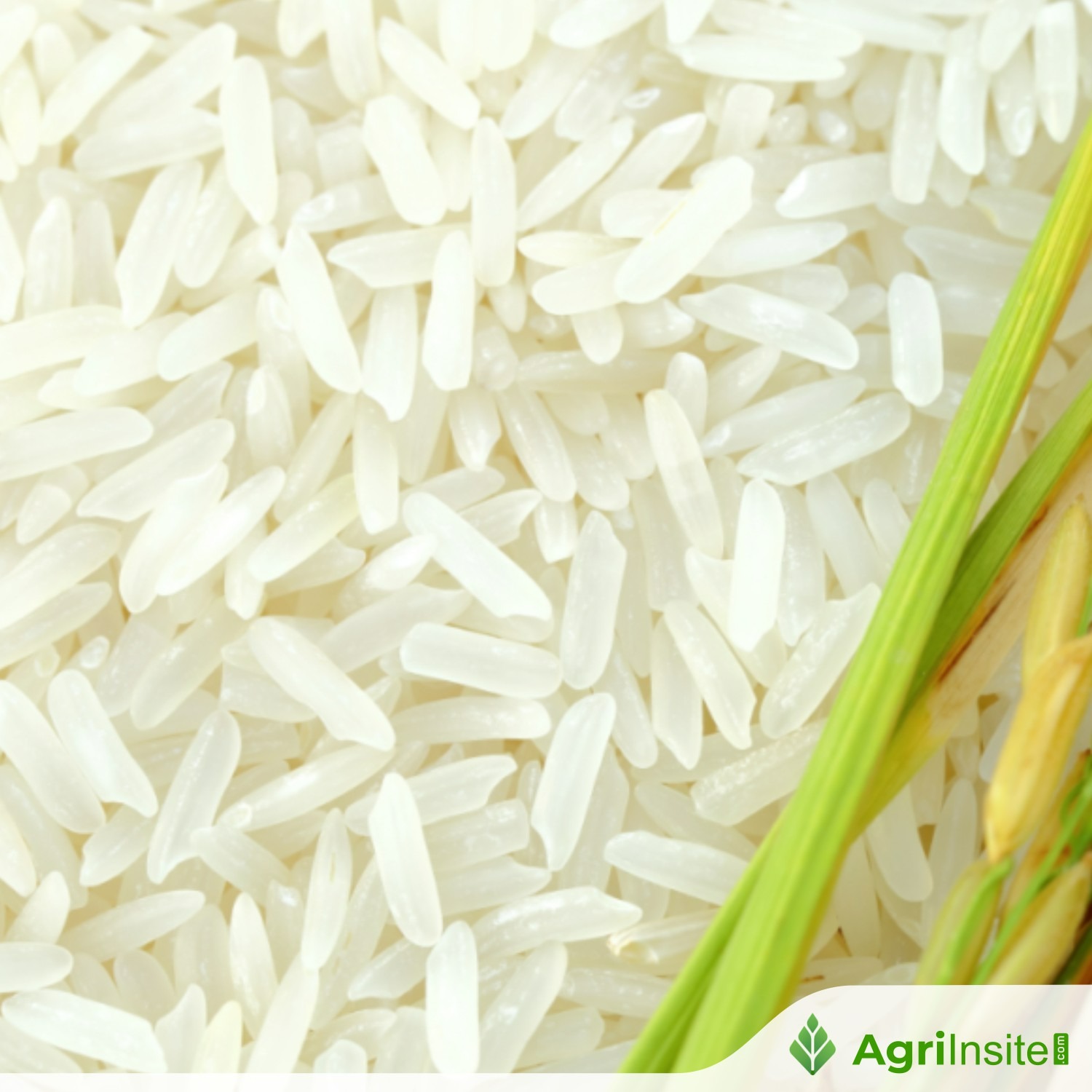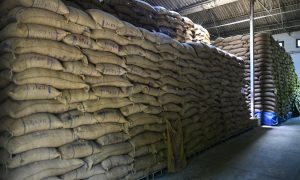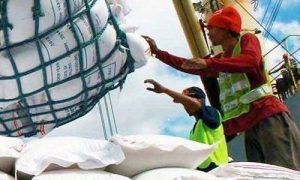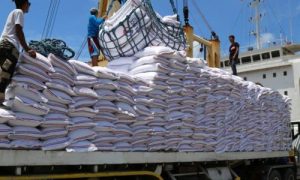India cannot conclude a trade deal with the EU due to a dispute with Pakistan over basmati rice

The basmati rice dispute between India and Pakistan is escalating, potentially complicating India–EU trade talks. Both nations seek exclusive rights to the basmati name, which commands premium prices. The EU is delaying a decision to avoid angering either side. Pakistan’s competing claim challenges India’s monopoly, threatening its exporters’ market access.
The dispute over the protected status of basmati rice is heightening tensions between India and Pakistan and could complicate New Delhi’s efforts to strike a trade deal with the EU, the Financial Times reported.
Both countries are the world’s largest producers of the grain and each claims exclusive rights to use the name, seeking to limit the use of the term “basmati” to rice grown only in a designated area. This allows producers to charge higher prices.
According to sources, EU negotiators in New Delhi to sign a free trade agreement are under pressure to accept India’s right to use the term “basmati”. But that would cause a diplomatic conflict with Islamabad, so Brussels is delaying.
In 2018, India applied for exclusive rights, which angered Pakistan. New Delhi has been waiting seven years for its application to protect the term in the market.
In 2023, Pakistan submitted a competing bid to define the region and methods of rice production, including four districts of Pakistani-administered Kashmir, which India claims as its own.
EU officials have stressed that approving Pakistan’s claim would effectively recognize its sovereignty over the land, angering New Delhi.
The grain has long been a symbol of national pride for both countries. It is grown mainly in the disputed Punjab region. In the early 2000s, Pakistan supported India’s attempt to revoke patents on basmati rice held by the American company RiceTec, which was then accused of “biopiracy.” At the same time, the countries set up working groups to submit a joint application to the EU.
But the EU’s hopes for cooperation faded after the terrorist attacks in Mumbai in late 2008, which killed more than 100 people. Western governments and India have accused Pakistani intelligence agencies of supporting the attackers.
While the Pakistani bid acknowledges that basmati is also grown in parts of India, New Delhi is seeking a complete monopoly, which could hit Pakistani exporters who use the “basmati” label to sell the grain. The EU delegation in Pakistan said the two bids, the Indian and Pakistani, were being processed in parallel.
“Both applications for protected geographical indication status are being examined very carefully and the Commission understands their sensitivity,” it said in a statement.
Ibrahim Shafiq, export director at Latif Rice Mills in Lahore, said India’s exclusive right would mean Pakistani sellers would lose the ability to label their rice as basmati, “and therefore lose both the premium price and market share.”
He said basmati is selling for $200-300 per tonne more than regular varieties.
India’s Commerce Minister Piyush Goyal said on Friday after meeting an EU delegation that the country was working to finalise a free trade agreement that would “benefit businesses and consumers on both sides”.
To Read more about Rice News continue reading Agriinsite.com
Source : Ukr Agro Consult















